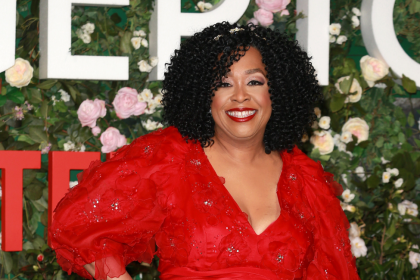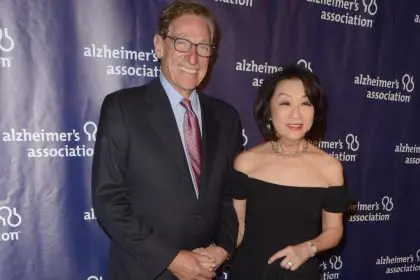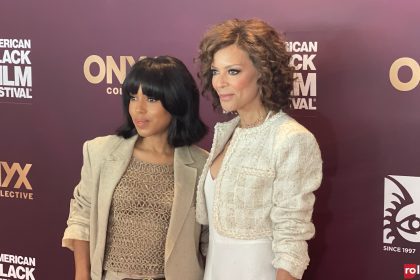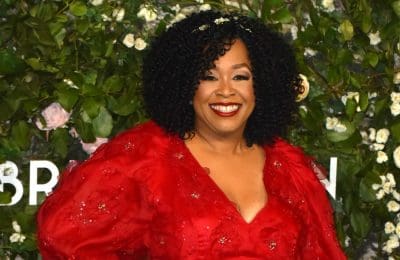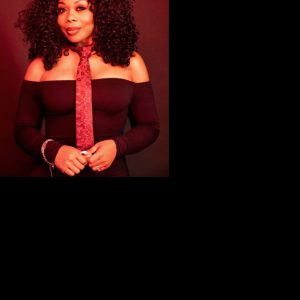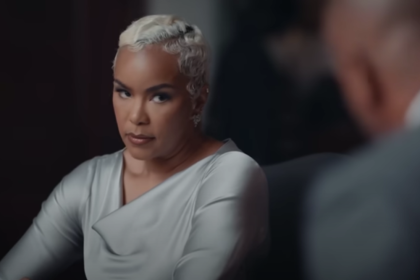
Just in time for Valentine’s Day weekend, Shonda Rhimes’ monster dramas: “Grey’s Anatomy,” “Scandal” and “How to Get away With Murder” returned to their regular time slots, Thursday night on ABC. It’s no accident that the dramas created by a Black woman display some of the strongest most diverse Black female lead characters television has ever witnessed. Rhimes’ lead characters on “Scandal” and “HTGAWM” are Black females but they are cultivated and diverse enough to relate to women of all cultural backgrounds, and yes, even men. Gone are the days when a lead Black female character automatically correlated to stereotypical images that did more to divide our culture than take it mainstream. Rhimes’ lead characters are Black women, but their cultural background is the least fascinating thing about them.
“Scandal’s” return reminded us that women can be fierce and fabulous and just as manipulative as their male counterparts. “HTGAWM” was a reminder of how truly beautiful the chemistry can be when a great script is given to a great actor. Watching Viola Davis as Annalise Keating feels like watching a scene from your favorite novel take place in front of your very eyes. Davis captures the complexity of the character in such a way that viewers have no choice but to take on her internal conflicts while admiring her bravery and unwavering perseverance.
Conversations in Shondaland are filled with great rhetorical banter, every character has a viable opinion that they are able to verbalize with unyielding conviction. Listening to the dialogue on “Grey’s Anatomy,” “Scandal” and “HTGAWM” could double as lines being read on Broadway; each character delivering with imminent fervor and emotion. Romantic relationships are passionate with sex scenes so urgent that boundaries become blurry and consequently right reads like wrong and wrong blends into right. An environment as stark as a hospital becomes a community with generations of family circles, friendship circles and reminders of yesterday.
In Shondaland, women are collectively fierce and in control of their careers, circumstances and their sexuality. Shonda Rhime’s Olivia Pope manages to emulate both a masculine strength and a feminine vulnerability; her weakness for a married lover only matched by her need for power. Pope is a contradiction that most of us admire in some form, if not for her unapologetic pursuit of forbidden love then for her dedication to her craft and continuous sacrifice for professional excellence.
In Shondaland the Black female is the desired commodity. She is the smartest. She is the most beautiful. She is the leader. Her alpha female characteristics are praised and not used against her. Her desires are the focus of the storyline; she sets the tone.
In this time when so many other headlines are filled with examples of Black women being exploited, unappreciated, victimized and forgotten, we know that on Thursday nights on ABC; in Shondaland, Black women are king!

